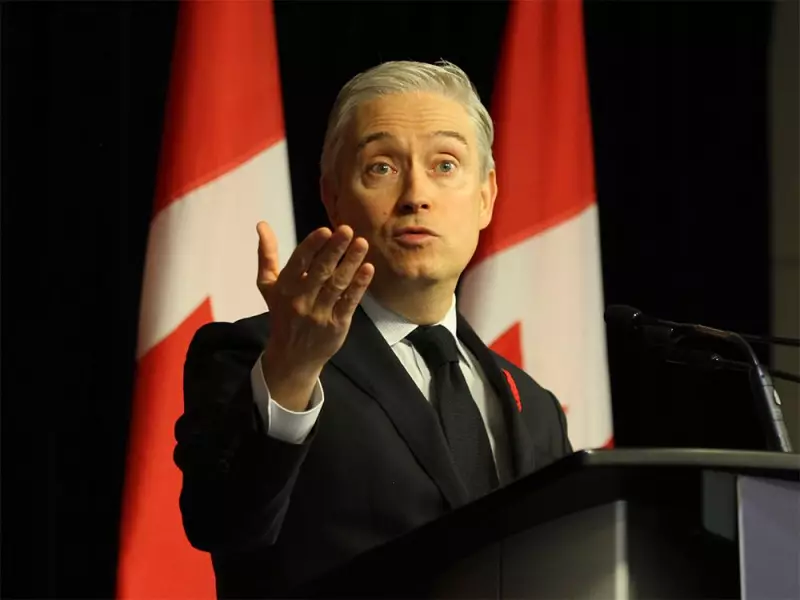
In the corridors of Ottawa power, a troubling constant persists regardless of who occupies the prime minister's office: the unshakable conviction that the federal government knows what's best for Canadians. This paternalistic mindset transcends individual leaders and political parties, creating a governance culture that consistently prioritizes bureaucratic wisdom over individual freedom.
The Unchanging Face of Ottawa's Arrogance
Whether it's Justin Trudeau continuing his tenure or Mark Carney potentially taking the reins, the fundamental approach remains remarkably consistent. Both men represent different faces of the same governing philosophy—one that assumes Ottawa's wisdom surpasses that of ordinary citizens and provincial governments.
The recent speculation about Carney as a potential Liberal leader reveals how little would actually change in Ottawa's power dynamics. The former Bank of Canada governor embodies the same technocratic confidence that has characterized Trudeau's government, suggesting a mere changing of the guard rather than any substantive shift in governing philosophy.
Economic Control as Governing Principle
At the heart of this paternalistic approach lies an obsession with economic micromanagement. From climate policies that dictate consumer choices to housing strategies that override local decision-making, Ottawa consistently demonstrates its belief that centralized planning trumps market mechanisms and individual preferences.
This mindset manifests in policies that:
- Impose national standards without adequate provincial consultation
- Create complex regulatory frameworks that stifle innovation
- Prioritize ideological consistency over practical outcomes
- Assume bureaucratic expertise outweighs lived experience
The Provincial Pushback Grows
Across Canada, provincial governments are increasingly resisting Ottawa's know-best attitude. From Alberta's assertion of constitutional rights to Quebec's defense of provincial jurisdiction, the push against federal overreach is becoming a defining feature of Canadian federalism.
This tension isn't merely political posturing—it reflects genuine concerns about the erosion of constitutional divisions of power and the diminishing ability of provinces to address their unique circumstances.
What This Means for Canadian Democracy
The persistence of Ottawa's superiority complex raises fundamental questions about the health of Canadian democracy. When governments consistently operate from the assumption that they know better than the citizens they serve, it creates:
- A growing disconnect between governors and governed
- Policy decisions that fail to account for regional differences
- Decreasing public trust in democratic institutions
- Innovation-stifling regulatory environments
The fundamental issue isn't whether Trudeau or Carney leads the Liberal Party—it's whether any leader can break from the entrenched culture of Ottawa-knows-best governance. Until that changes, Canadians may continue to experience the same top-down approach regardless of which political figure occupies the center of power.
As the next election approaches, voters face a critical choice: accept the status quo of paternalistic governance or demand a fundamental rethinking of Ottawa's relationship with the Canadian people. The outcome will determine not just who governs, but how they govern—and whether Canada moves toward greater trust in its citizens or deeper reliance on bureaucratic wisdom.





